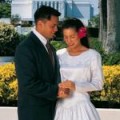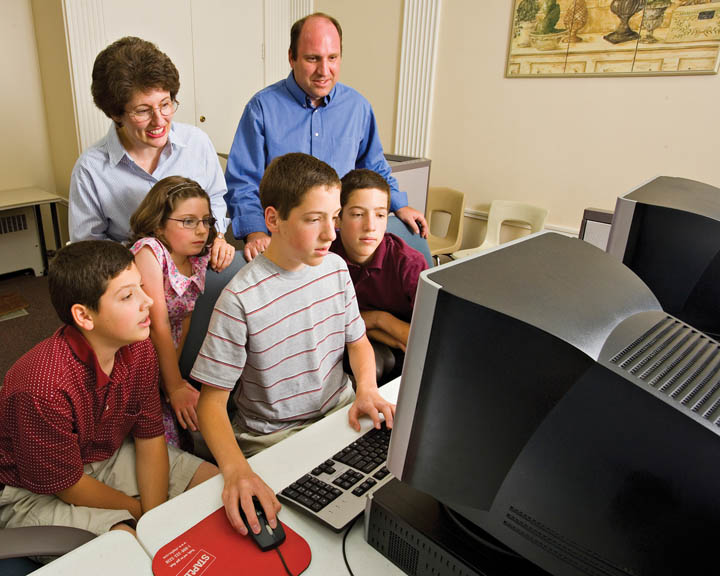In 2008, the Church launched its online indexing program, in which volunteers spend a half hour or more each week as they’re able indexing various genealogical records, including census records and vital records. Volunteers work from their own computer following a brief online, self-paced training. Then, whenever they have some time, they log in to the site and select a project to complete. Most projects require about a half hour to complete. Some involve transcribing a handwritten record and others simply require the indexer to place typed data into a form from a copy of the document. The volunteer may work on the project whenever they have time, saving it to the server if they are interrupted. If the project is not completed in one week, it is given to another person to finish. Each project is done by two people, and differences in their results are analyzed by a trained person. This minimizes error and gives inexperienced volunteers confidence.
Older genealogists who have memories of spending hours in genealogy libraries scrolling through endless roles of microfilm are in awe of the ease this program has created. Many records are already online and available to researchers, who can track down a birth record or census film right in their own home without the time or cost previously required.
Current projects include the 1920 census, New Zealand passenger lists, Australian cemetery inscriptions and Canadian marriages. Some researchers enjoy working on projects that might include their own ancestors and others simply select projects that look interesting. Some have favorite types of projects. For instance, many enjoy the census records because of the glimpse they give into long ago families.
Mormon beliefs include the knowledge that God never intended for us to divorce our loved ones at death. Mormons believe that marriage and parenthood continue into the eternities and that families can be joined together for eternity. For this reason, genealogy takes on a special meaning as church members become acquainted with those who will be part of their eternal families, and many develop a strong sense of connection to people who died before they were born as they learn of their life stories. Eternal families are one reason for Mormon genealogy
Mormons perform the work necessary to make this eternal family come into being in their temples. Mormon temples are special buildings not used for regular worship. They are a place to learn about the Savior, Jesus Christ, to make covenants (promises) with Him, and to carry out eternal ordinances which allow those who died without the gospel to be offered a chance at the ordinances required for eternal life. Having these ordinances performed does not make them Mormons. After an ordinance is performed by a living proxy, the deceased person is given the opportunity to accept or reject the gift that was given. If he rejects it, it is as if it never happened. If he accepts, it stands as if he’d done so himself in his own lifetime. However, we always have our agency, and this continues after death, so each individual has the right to choose. The names of those for whom work is done is not entered into church membership records, since there is no way to know whether or not the person accepted.
The records being placed online are available to both Mormons and non-Mormons to assist them in their genealogical research. This new record, like others before it, will be a searchable database, eliminating the need to spend hours scrolling through lists.


